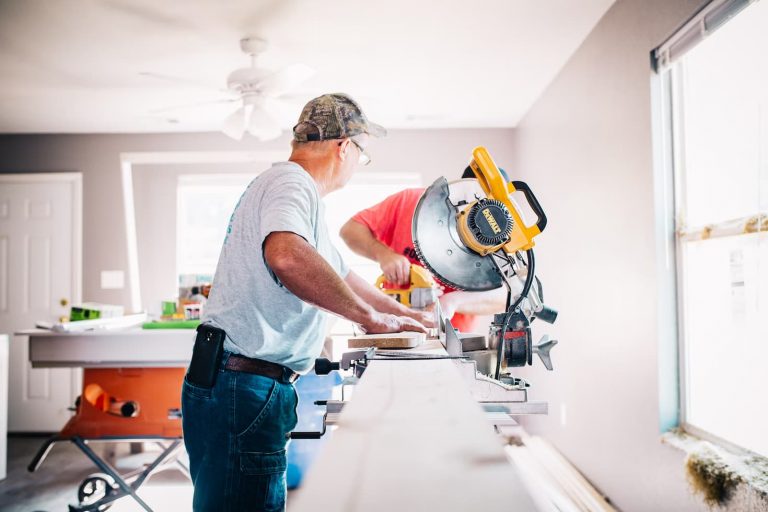Getting your home sold is not an easy process, nor is it a short one. There are many stages, many steps, and a lot of paperwork to get through. To help make selling your home just that much easier, we’ve compiled a list of all the paperwork you should have ready to present every step of the way. There’s a lot to cover here. For each document, we’ll explain briefly what it is and why you need it. Keep in mind that each province is a little different, with Ontario real estate operating under different circumstances than British Columbia, so be sure to check with your agent to make sure you’re on the right track with your paperwork.
1. Original Sales Contract
This is the agreement in writing that you made when you first bought the house you’re now trying to sell. Think of this document as the “introduction” to all the important details of the buying process. While it’s not necessarily required, it’ll give you details about your home such as the legal description, that you might not use on a daily basis. In addition, it could be helpful if the buyer wants to know who owned the house before you and how the house was before you took it over.
2. Property Appraisal Report
This won’t happen until you get an offer and there isn’t a ton of benefit to getting your own appraisal before you sell. The buyer will likely see your appraisal as biased and their lender won’t accept it anyway.
An appraisal is done by a professional on behalf of the buyer to figure out what the fair market value of your home is. The appraisal is mostly for the buyer’s benefit, and the seller won’t automatically receive a copy of the appraisal. Make sure you ask for one so you and the buyer are negotiating using the same information.
3. Homeowners Insurance Records
As with most of the paperwork the seller is required to present, your homeowners insurance records serve to give the buyer an idea of what they’re getting themselves into when they buy your house. By looking through your records they can figure out how much their own insurance might cost them when they move in.
4. Mortgage Statement
Before you sell your home, you need to figure out where you stand with your mortgage. If you still owe money to your lender, which you most likely do, you’ll need to subtract that amount from what you expect to make when you sell your home. Most mortgage lenders will allow you to call and get a “payoff” number. This lets you know a more exact figure. Be warned, some companies charge for this payoff number, so i
5. Property Tax Records
Just like the insurance records, collecting your property tax records is for the benefit of the buyer. They serve to show the buyer that you’re up to date on your taxes as well as how much they can expect to pay in property taxes once they take over the house.
6. Capital Improvements Receipts
Capital improvements are renovations to your home that go beyond simple repair. Some examples include finishing your basement, adding a new bedroom or bathroom, a swimming pool or a new roof, etc. These are big, expensive changes to your home that can dramatically increase the value of your property. Keeping track of your expenditures for these improvements will help you save on your capital gains taxes after you sell the house.
7. Past Utility Bills
Savvy buyers will often want to budget for their utilities. They’ll want to figure out how much they’re likely to spend on water and electricity over the course of a normal year. Put yourself in their shoes, if you were a buyer looking at a house and you’d want to know how much it really costs per month to live in this home. While we don’t believe this is a requirement, it’s very nice to have.
8. Comparative Market Analysis
A comparative market analysis will tell you where your house stands among its peers in terms of price. If you’re curious as to how much you can expect to make off your house, this is the best way to do it. Before anything, get a comparative market analysis so you’ll have a decent idea of what to expect when you one day sell.
9. Listing Agreement
If you plan to list your home on the MLS and This one is between you and your real estate agent. The listing agreement sets the terms of your relationship with your agent. Here you’ll put in writing that the agent is allowed to advertise your house, post pictures of your home, etc. The listing agreement also sets the timeline that your agent has to sell your home and gives them the right to sell your home in the first place.
10. Transferable Warranties
If you own certain appliances that are under warranty (such as dishwashers, washing machines, refrigerators) and that you aren’t going to take with you when you move, then in many cases, the warranties will transfer over to the buyers. This is also doubly true for big upgrades or maintenance to the home such as roofing. So make sure you have all the paperwork with you and ready to give to the buyer when the time comes for them to move in.
11. Homeowners Association Documents
If by chance your house is part of a HOA, you should provide any potential buyers with the information and details pertaining to that HOA. The HOA covenants and restrictions booklet, contact information as well as fees should all be collected.
12. Property Condition Disclosure Statement
This is a document that informs the buyers of any and all details about the property that would alter their decision to buy or not to buy. The wording around this legal requirement is deliberately vague, which is why it’s up to the seller and their agent to make sure all information pertaining to the PCDS is in the PCDS. It’s also up to the buyer and their broker/lawyer to make sure that everything is squared away with the PCDS.
13. Agreement of Purchase and Sale
Once you’ve received an offer from a buyer, and you’re ready to go through the rest of the selling process, you’ll sign that offer and then work out the fine details of the sale. This is not a “one and done” deal, there’s plenty more paperwork to go from here.
14. Statement of Adjustment
To put it simply, this is a document that shows how much you, the seller, will earn from selling your house when all is said and done.
15. The Deed
This transfers the ownership of your property from you, the seller, to the buyer. While you won’t collect or do anything to this document, its transfer is what signifies your legal sale. If you see this or hear about it at closing it means you reached the finish line!













